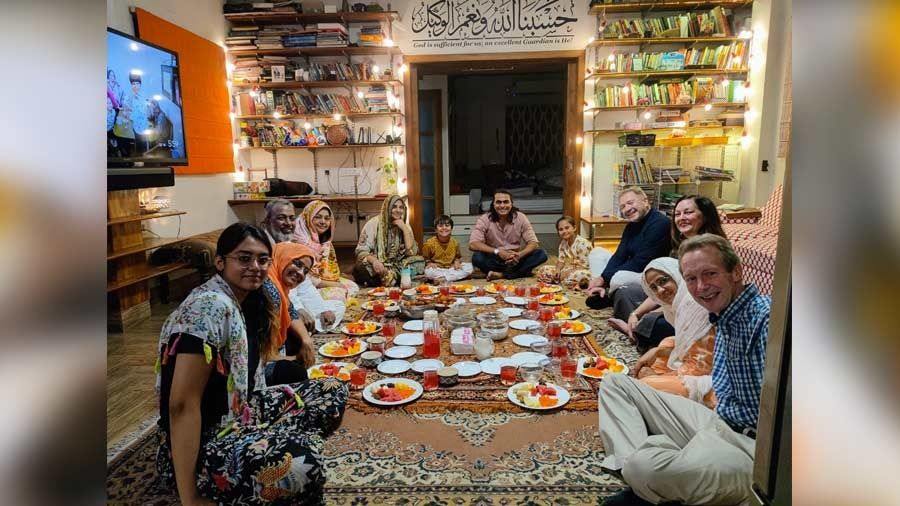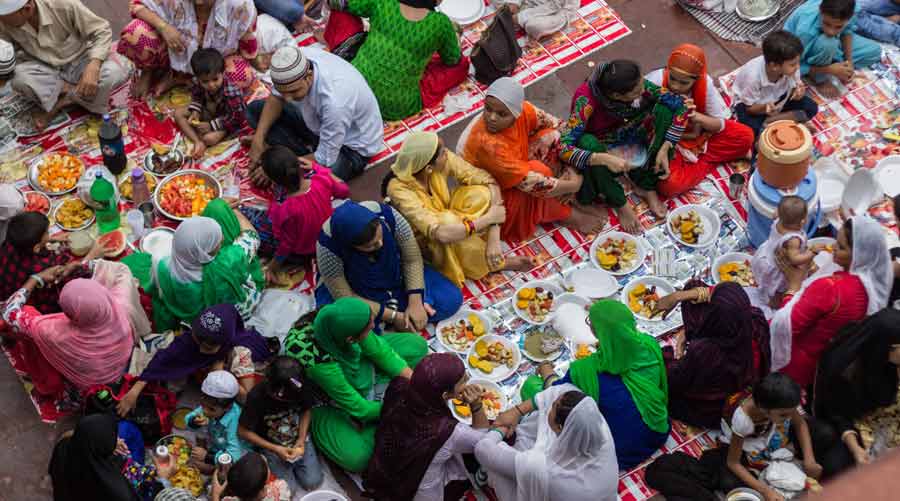How much has the world changed in the last few decades?
There is one prism that effectively answers this question. The prism is ‘Ramzaan’.
There are various Ramzaan ways in which it is not like it used to be when compared with my Mission Row existence of 40 years ago. As times changed, our Ramzaans evolved, eroding centuries-old practices in just three decades.
The Ramzaan ethos would be suspended in the oxygen 30 days of the month; one could carve its solemn grimness out of the air. Ramzaan now sits lighter on the psyche; I see the beginning of its blending with the other months following an assault of external influences. In the past, external influences would attempt to change Ramzaan but retire; now I am not so sure.
I present my case through the institution of prayer (namaaz). Of course, saying one’s prayers was important in my Patherya adolescence, but in the month of Ramzaan this compliance would become an obsession. The addressal of the morning and evening prayers was not a problem; it was the zohor-asar (afternoon) Ramzaan prayers that proved logistically awkward. The Patherya daughter (my sister), for instance, would be at Loreto Dharamtalla during that time of the day. How would she be able to say her prayers?
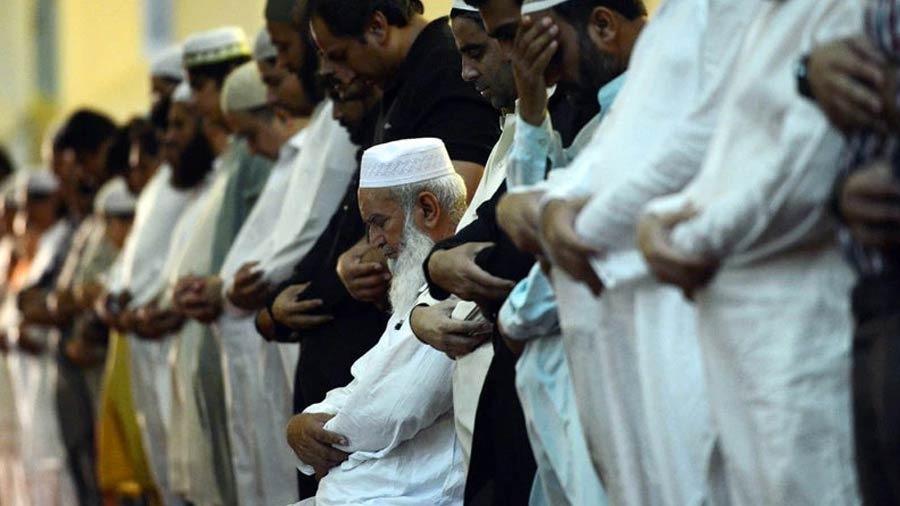
‘Saying one’s prayers was important in my Patherya adolescence, but in the month of Ramzaan this compliance would become an obsession’ TT archives (representational image)
In a latter-day world, one would have said, ‘Pray in a corner of the school after seeking permission from Mother Superior,’ but in the Calcutta of the Seventies, our parents were either too awed by the system or were too obsessed by namaaz hygiene. They sought an external solution that appears quite exaggerated today, instead. The Patherya maiden would exit the school during her lunch break, walk to the home of a distant relative in the Dharamtalla neighbourhood (Zubaida Sepoy on Grant Street, I think), transition from uniformed skirt into ghagra-odhna, roll the prayer sheet (‘masallaa’), do her ‘wuzu’ (ablutions), say her prayers and be back at school before afternoon classes resumed. No one got to know. Seamless. Every single school day of Ramzaan.
In the Kolkata of the Twenties (now), there is a possibility that younger members of the household (me) would have rebelled. Maybe I would have said, ‘How can we intrude on the privacy of another household day after day?’ Maybe I would have argued, ‘Why not miss the prayers in school and offer retrospective prayers at home? (‘waalo it’ as we termed). Or attempted the more brazen logic of ‘Two prayers missed out of five is not a bad record. Won’t Allah see that we fasted? Won’t He see we were at school? Won’t Allah take a holistic view of the spirit of our compliance instead?’
Mom is not alive to quell this baghaavat (rebellion). Good for her. The apoplectic fit would have got her much ahead of the collapsed respiratory system in 2014.
This got me thinking. I began to create a contemporary balance sheet of where I stand today. Of how much of the 1972 ritual correctness I have jettisoned for a spiritual traction in 2022. Of how much of Ramzaan I have diluted in my system.
This then is the list.
No songs vs Yes Netflix
The hearing of songs was forbidden in the Patherya household of Premier House. The television would be unplugged; if we restored the connection, it would only be to watch the news or an update on the Test match in England. There would be an express statement drafted for my mother’s consumption in earshot: ‘It’s only a scores update, no music.’ Today, I flop into the cushions and point the remote arrogantly towards the wall to check what Netflix has in store for me on a Ramzaan evening. No guilt.
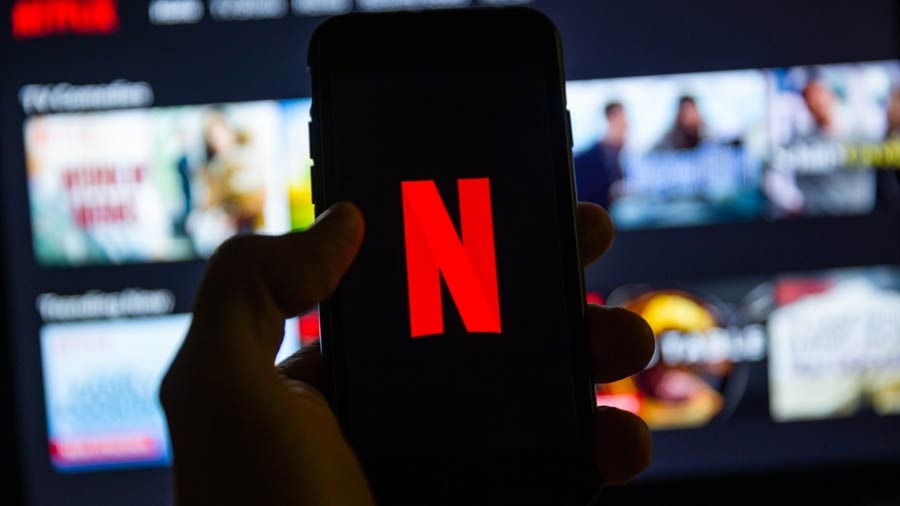
‘The hearing of songs was forbidden in the Patherya household of Premier House. Today, I flop into the cushions and…. check what Netflix has in store for me on a Ramzaan evening’ Shutterstock
Endurance battle vs Sleep deprivation
The entire Ramzaan would be consumed in flipping Quran pages; if I had an afternoon hour to spare, I would be asked to complete Surah Yaseen a couple of times; my mother Zarina would counter her post-sehri drowsiness by reciting a chapter from the Quran that kept her awake till the fajar (morning) prayer. You could see it in two ways: she was soaking the spiritual gold dust of the month every available minute; or she was engaged in an endurance battle to stay awake. I kiss her scattered footprints in the bylanes of my memory; her naalayak son sleeps through much of the night, has long relinquished his capacity to complete even one Quran reading in the entire month and only recites one brief verse from memory after morning prayers. That’s all. Shame on him.
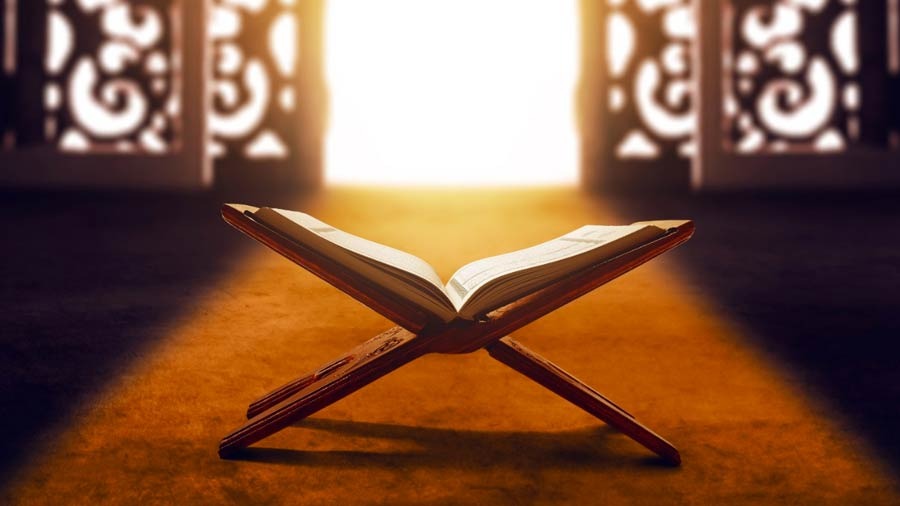
‘The entire Ramzaan would be consumed in flipping Quran pages; if I had an afternoon hour to spare, I would be asked to complete Surah Yaseen a couple of times’ Shutterstock
The standard sehri operating protocol (pre-dawn nutritive stocking) comprised food, drink, silent conduct on the safra (cloth laid on the floor across which the pre-breakfast would be placed) preceded by namaaz. A number of latter-day followers will be inclined to counter-question: ‘Is there any night namaaz?’ The namaaz would be shafaa-witar-juloos, a non-mandatory prayer turned into compulsory compliance by the Patherya matriarch. No SWJ, no sehri. Times have changed. Since the words ‘sleep quality’ have entered my consciousness, the SWJ compliance has become history. I probably pray this only once a year.

‘The standard sehri operating protocol (pre-dawn nutritive stocking) comprised food, drink, silent conduct… preceded by namaaz’ Shutterstock
We would rise for nutritive loading and lubrication at 2.40am; I now set an alarm for a bottle of water and two tablets at 3.15am and am back to bed by 3.19am.
Walking 2km vs Walking to the drawing room
There was a practice of a senior member of the Patherya household walking 2km to the Brabourne Road masjid for namaaz at 4.30am (unless the kind-hearted Ashrafibai from Weston Street collected my father from Bentinck Street and gave him a lift in her car). The last time that anyone from home has gone for morning namaaz was 2004. A corner of the drawing room is a poor alternative, prayers offered in isolated communion. No honourable comparison, I concede.
I have lived a Ramzaan when every striving was in the way of the Maker. This has been replaced by an hourly pre-maghrib (sunset) engagement with the tennis marker at Tolly Club, marked by some furious baseline pursuit and loss of body moisture. My mother would have held her shaking head in her hands at the thought.
Want of wonder, not want of wonders
There used to be a ritual of buying new clothes for Eid (black Bata shoes included). We sparkled inside and we sparkled outside. The world suddenly turned tinsel; there was a warmth in the sunshine wherever you looked. That magic has long ceased, replaced by perennial expeditions to Amazon. We are perishing for want of wonder, someone said, but not for want of wonders.
The spontaneous expeditions to relatives and friends to wish them on Eid and ritualistically enquire ‘Roza thayaa?’ (Were the rozas done?) has long been vetoed by ‘Should we call and check whether they will be home?’
The intimate practice of sending food to the homes of other rozdaars (people who fast) has been dispensed, considering that most eat in the masjid community hall (mawaaid) after evening prayers.
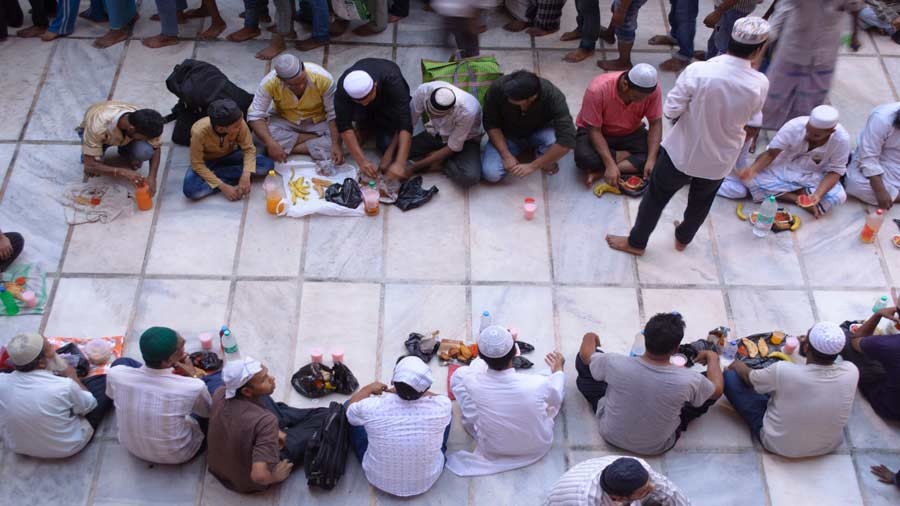
The faithful eat in a masjid community hall after prayers Shutterstock
The reflex response of calling mom to ask what dua should be recited at what point (even when I was in my fifties) has been replaced by scribbles on paper scraps.
The fried bhajiyaas during the iftar (‘talan’) has been replaced with kosher alternatives.
The packaged gifts we would send friends and relatives with cards inscribed ‘Dua ni iltemaas’ (request for dua) has been done away for un-Ramzaan-like quid pro quo considerations (‘They didn’t send us last year so let us drop them this year’).
The elaborateness that my mother invested in the masallaa for the Night of Power (Lailatul Qadr) – padded cloth covered by a white sheet topped by towelled foot rest – has been replaced by an unimpressive unironed sheet.
The Eidis of my childhood – the loot spread across the carpet would be Rs 23.50 – inspired fiscal recklessness. I haven’t received a stray Eidi in decades and nor have I been petitioned for one.
Ramzaan may have got easier; my world has turned poorer.
